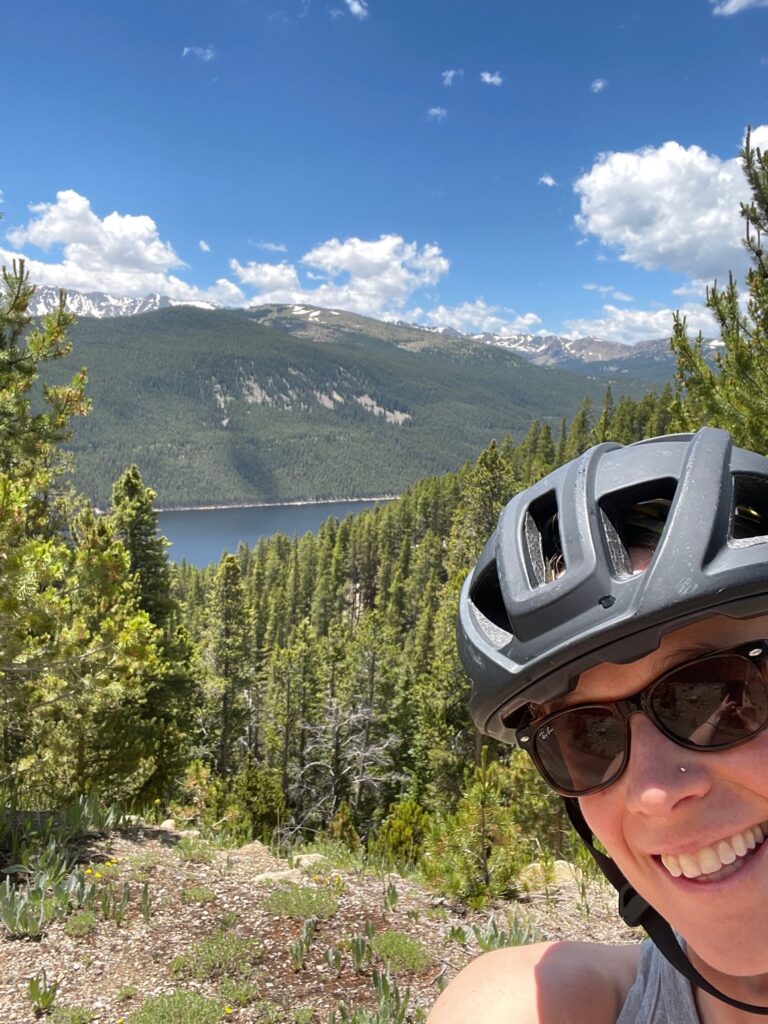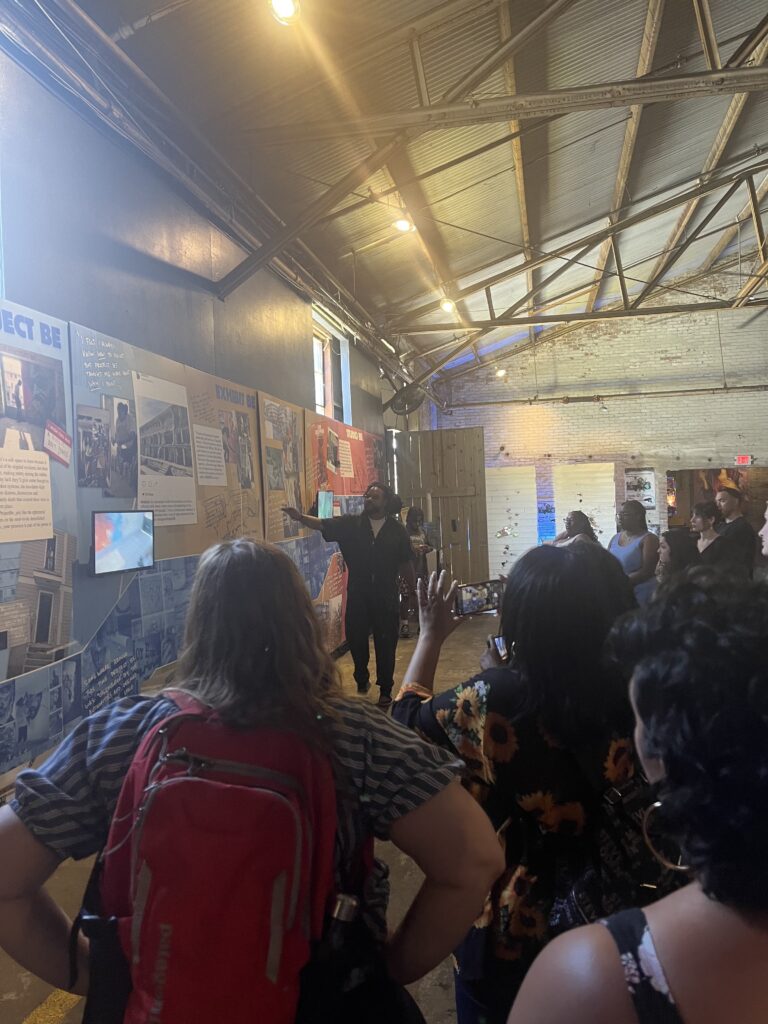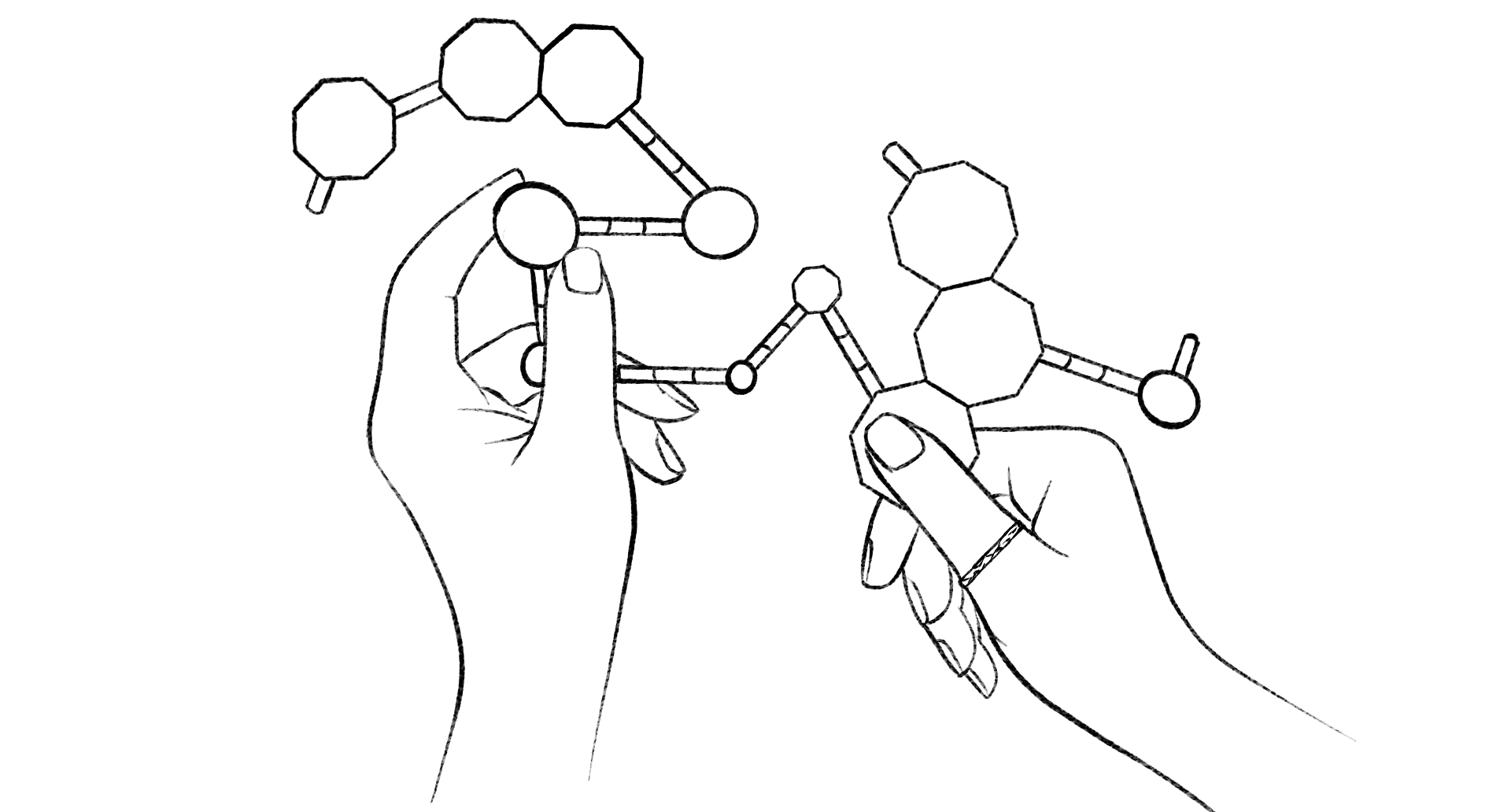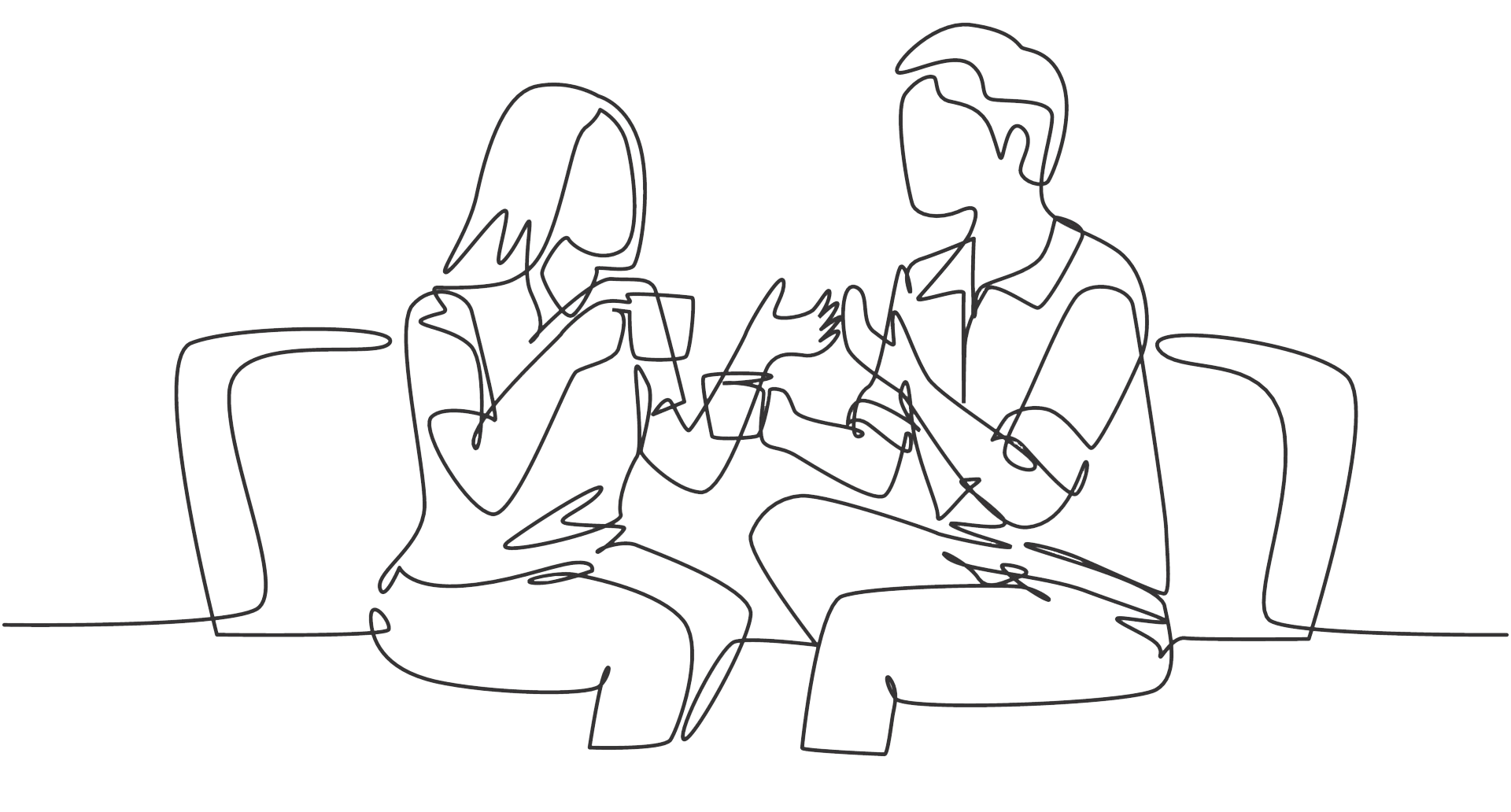Our team takes a 2-week collective pause in July to rest and recharge. In past years, I’ve spent this time practicing Spanish in Oaxaca and spending quality time with my parents in Montana. But this year, I stayed local and set an intention to soak up time in the mountains and tap into the beauty that is close to home.
More specifically, I set an intention to take a new-ish hobby — road biking — up a notch. While I’ve been a bike commuter for my entire adult life, I only got into more serious road biking seven years ago when my husband convinced me we should ride 300 miles down the coast of Sardinia on our honeymoon. That trip was 95% exhilarating and 5% grueling (I only cried once, but I took daily naps because I was so exhausted at the end of each day’s adventure).
But that was seven years ago. I’m a stronger biker now and our July break gave me an opportunity to step it up — this time I took a 5-day road trip with my bike. I navigated the Rockies solo, researched and rode my own routes, and climbed peaks that were higher than anything else I had ridden before.

As I transitioned back to work after those two weeks, I couldn’t help but notice that my solo adventure mirrors something we believe in our work:
Taking on a new and unfamiliar challenge is one of the most powerful catalysts for growth.
The research agrees. Learning & growth is one of the most important ingredients for individual and team success. James McKenna made the case recently in Harvard Business Review “...people with the will to learn, the skill to do it effectively, and the ability to apply that learning in ways that positively impact their performance and that of their teams.”1
And yet, it’s rare that professional learning experiences live up to their potential. McKenna’s research suggests that professional learning is often too abstract or too generalized. He calls this the “one-size-fits-none” phenomenon. Similarly, learning at work often happens in a vacuum via courses instead of in-the-flow of real work and therefore requiring practice, feedback and iteration.
It doesn’t have to be this way. Unfamiliar experiences, and the discomfort or challenge they invite, can unlock new possibilities at work. Mary Slaughter and David Rock wrote about the “just right” amount of challenge or discomfort in professional learning. “Quality learning requires what brain scientists call “desirable difficulty”. To be effective, learning needs to be effortful. The same way you feel a muscle “burn” when it's being strengthened, the brain needs to feel some discomfort when it’s learning.”2

We see the same thing play out with our partners. Liloni Ramos, who leads the Piton Fellowhsip at Gary Philanthropy shared her reflections on taking a group of Denver-based leaders to New Orleans in May.
“We make a point to take leaders out of their daily routines, work environments, and comfort zones to immerse them in learning in a new city. Introducing them to fresh experiences alongside others, we aim to sow the seeds of innovative ideas and connections that can enrich their work and communities back home. These initial seeds of inspiration take root during their time away from the usual routine, but they truly flourish and evolve when our leaders return to their respective roles, ultimately bringing about positive change.”
Mark Gabriel who leads adult learning experiences at Embark reflected on the wonder and curiosity that newness brings.
“Only when we get out of our comfort zone and engage with new and diverse experiences can our minds (and thus body) be fully engaged. New experiences allow us to lead with curiosity and have a sense of wonder. They activate new parts of our brain, so that when we go back to our comfort zone, we bring a new perspective and ultimately new ideas and solutions.”
This fall, we’re excited to share more about how we design experiences that are ripe for learning in a short series of Kith posts. In the meantime, we hope you’ll find opportunities — big and small — to immerse yourself in something unfamiliar or take on a new challenge. Notice how it pushes you. Where discomfort arises. And ultimately how you grow as a result.
1 McKenna, J. (2023). Build a Strong Learning Culture on Your Team. Harvard Business Review.
2 Rock, D., Slaughter, M. (2018). No Pain, No Brain Gain: Why Learning Demands (A Little) Discomfort. Fast Company.

